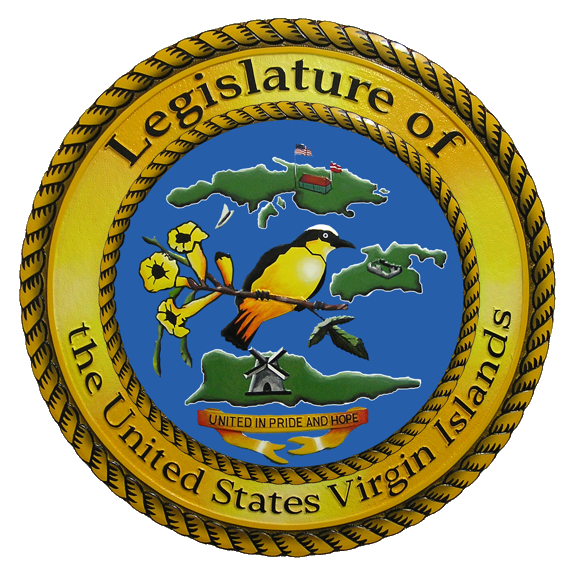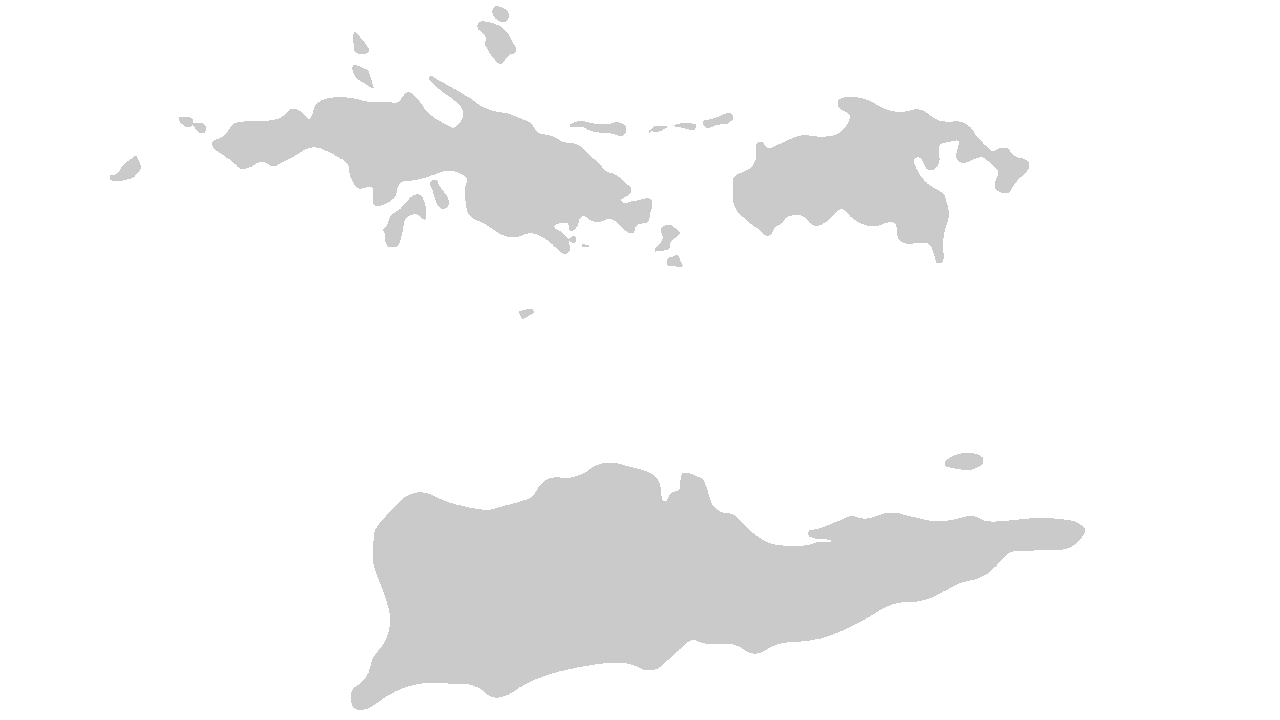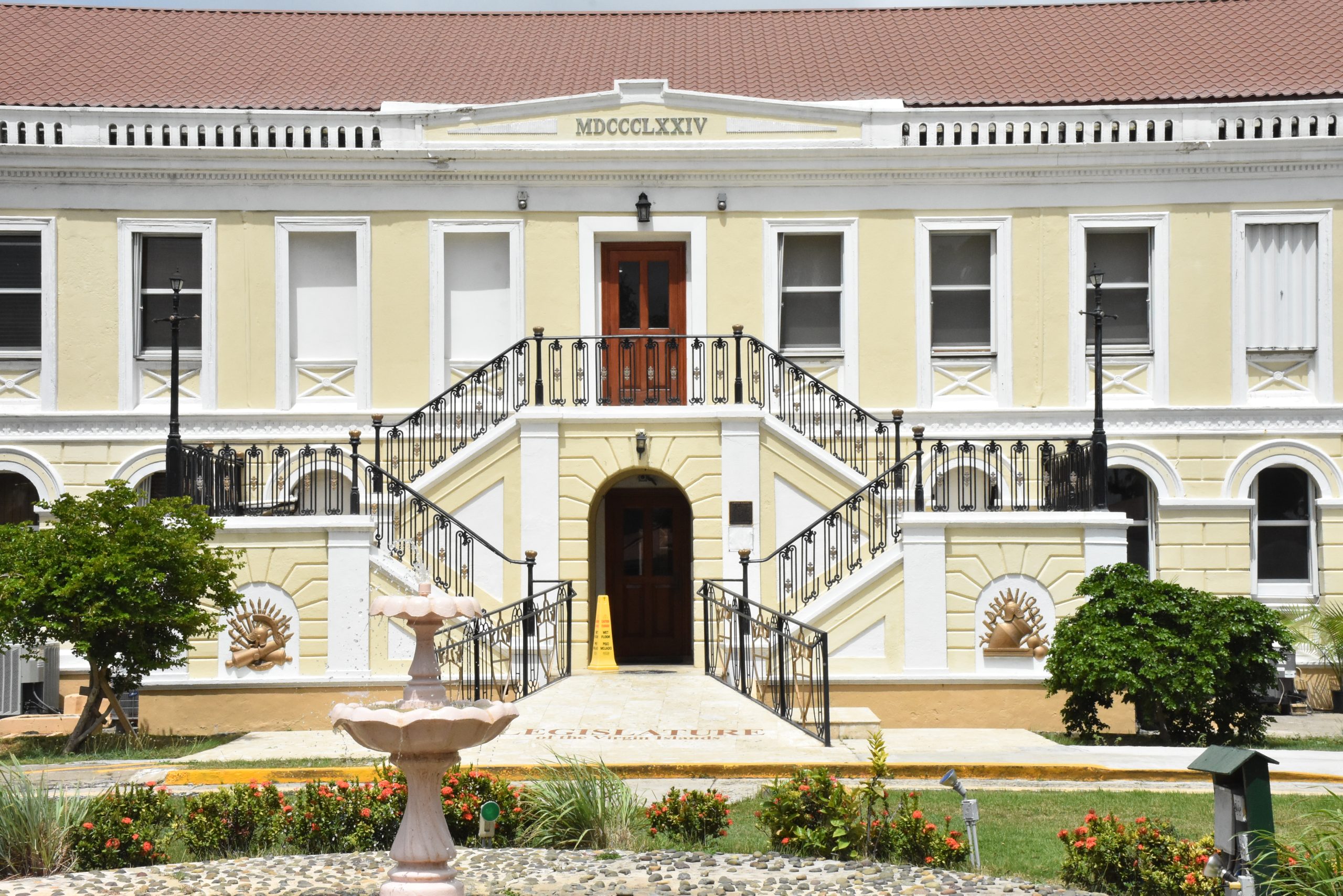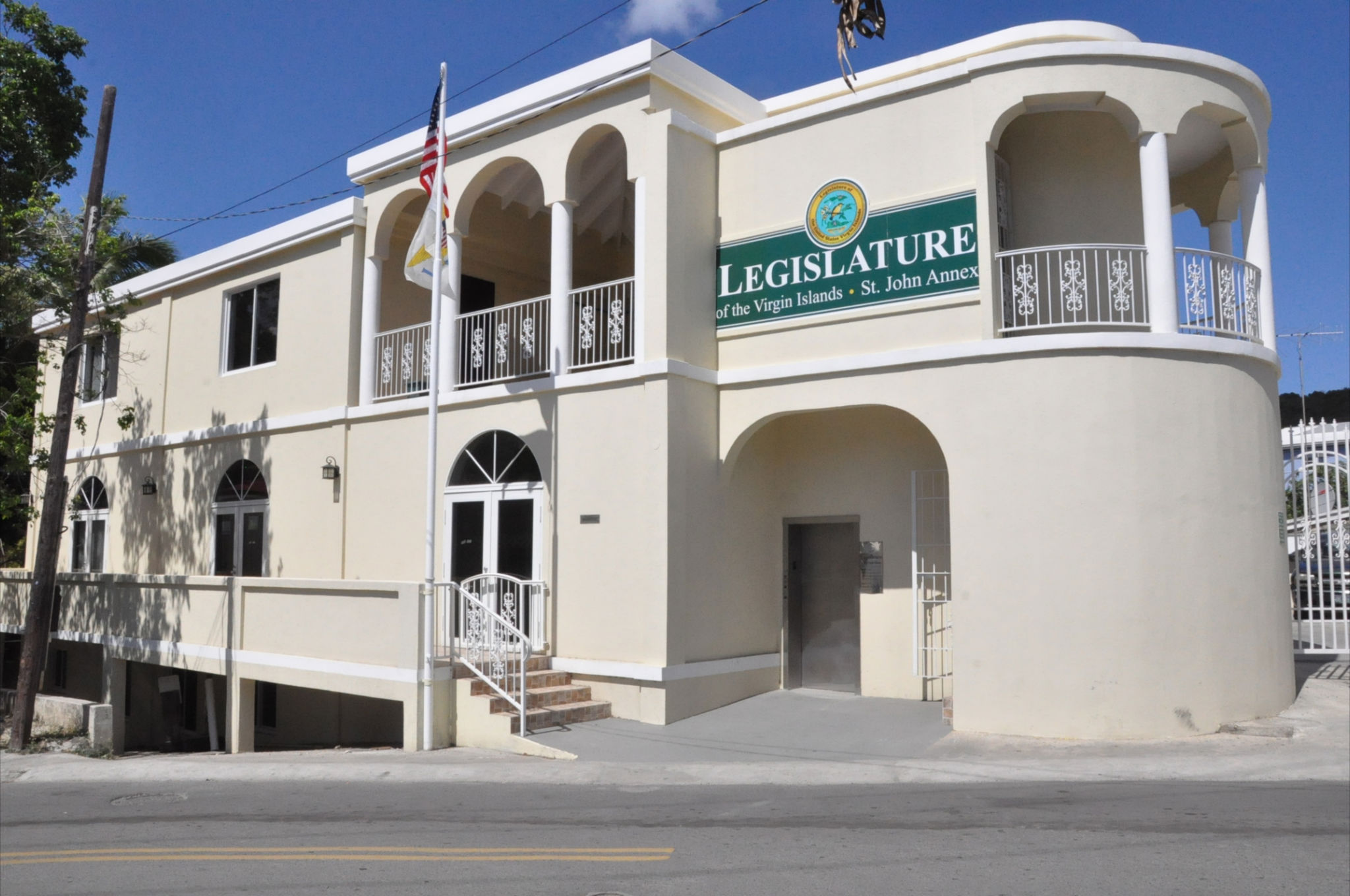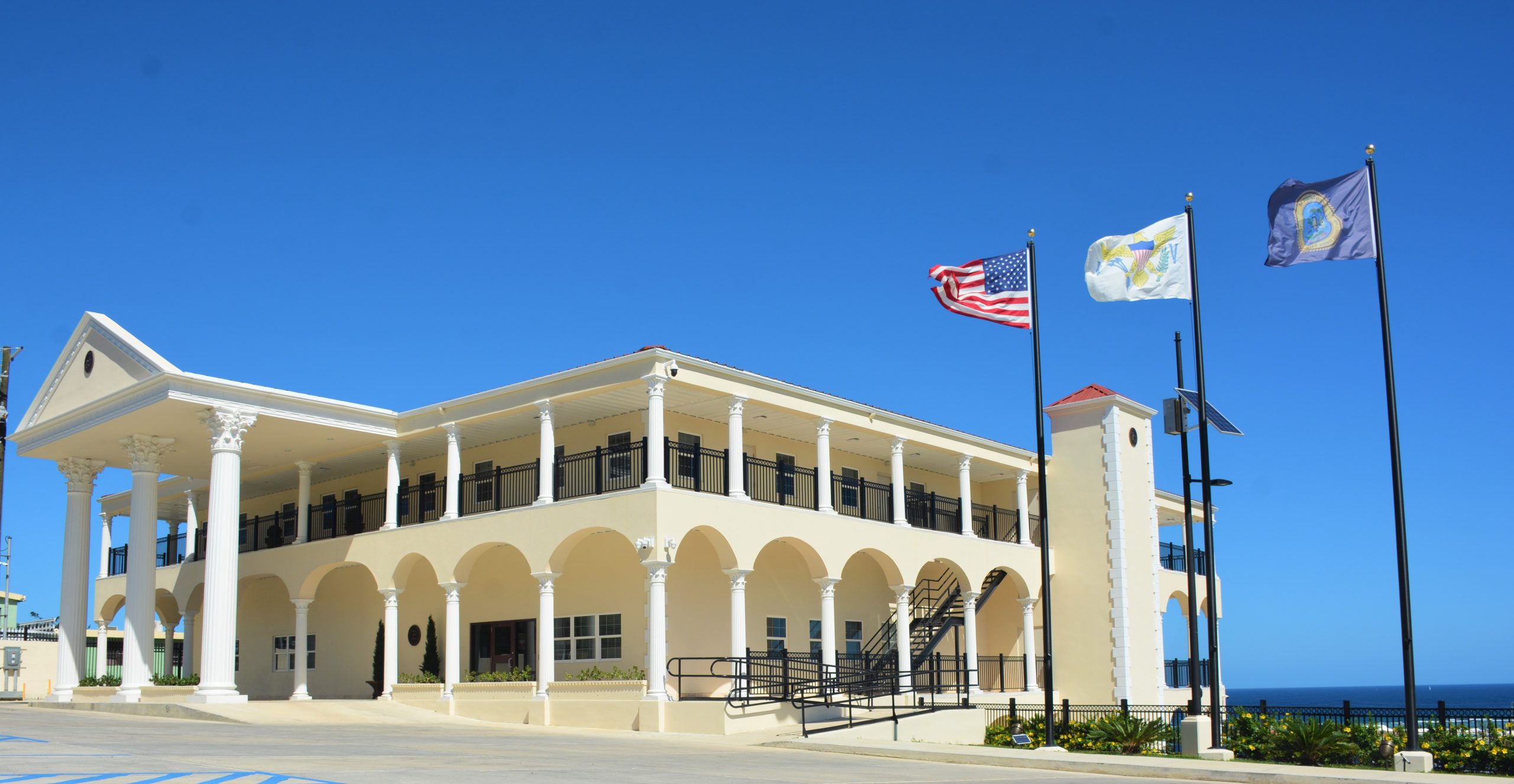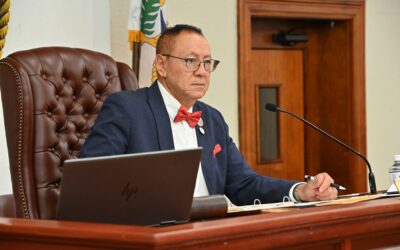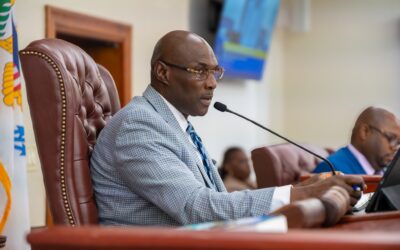COMMITTEE HEARS FIREARM LICENSURE, TAXICAB SURCHARGE, AND LEGISLATURE BENEFITS BILLS
Published: Aug 18, 2022
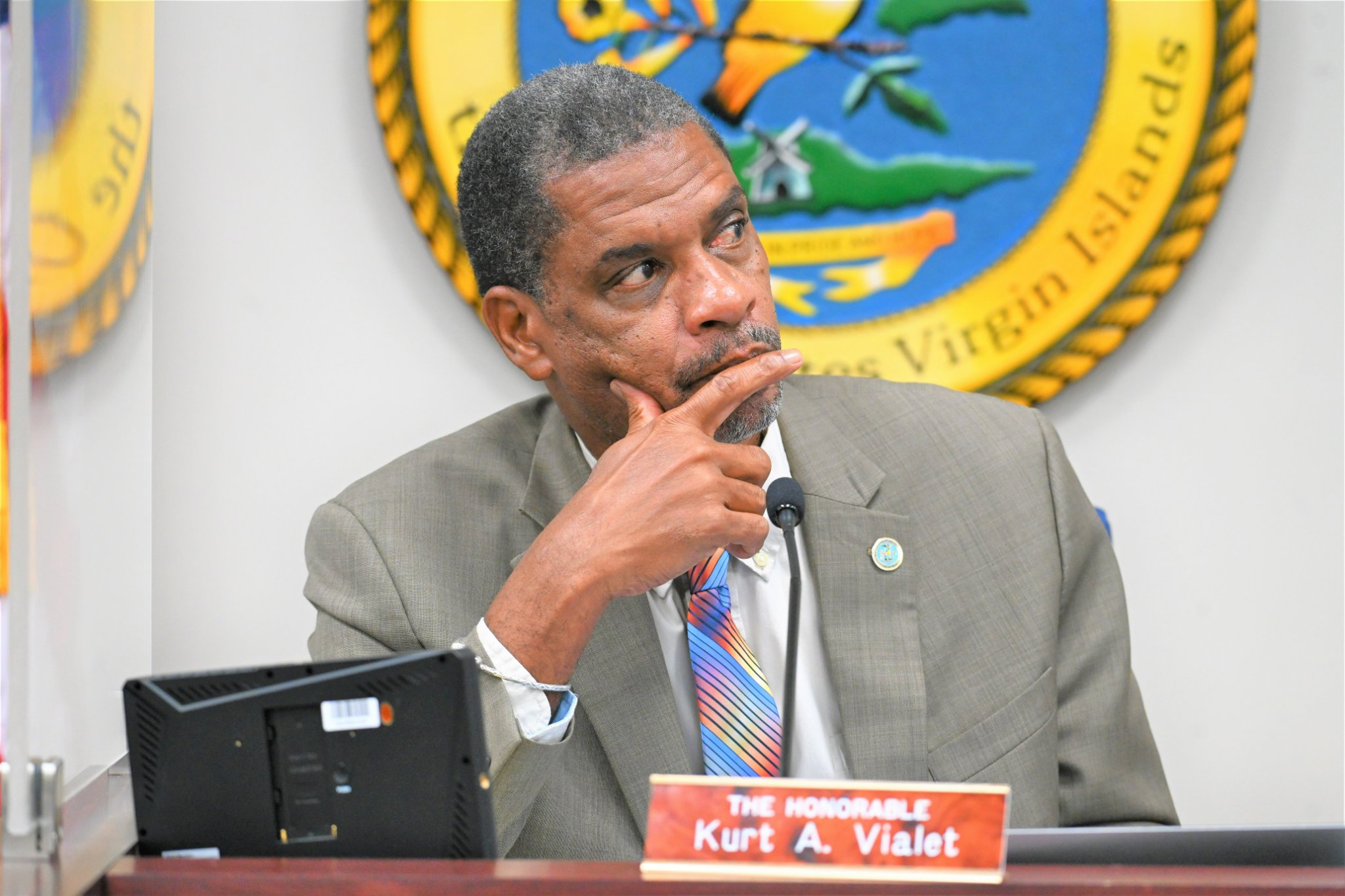
ST. CROIX – The Committee on Finance, chaired by Senator Kurt Vialet, convened in a meeting at the Frits E. Lawaetz Legislative Conference Room.
The Committee considered Bill No. 34-0252, an act amending Title 23, Virgin Islands Code, Chapter 5, Section 455 relating to firearm licenses, to increase the time period for the renewal of firearm licenses, to provide for a discount of the renewal fee for senior citizens, and to define the term “senior citizenâ€Â. This measure was proposed by Senator Dwayne M. Degraff.
Jennifer O’Neal, the Director of the Office of Management and Budget gave testimony. According to O’Neal, the Commissioner of the Police Department, Ray Martinez, shared information with her that speaks to the amount collected on an annual basis from firearm licenses. Act 8434 requires the funds collected be distributed to the Virgin Islands Education Initiative Fund quarterly. However, this collection has not yet begun as the act was recently codified. VIPD will ensure that the funds are coded to the Virgin Islands Education Initiative Fund to allow for the immediate transfers. The Virgin Islands Education Initiative Fund has an available balance of $10,650,479.
Ray Martinez, the Commissioner of the Virgin Islands Police Department delivered additional testimony. According to Martinez, there are approximately 4,270 firearms licensed in the territory, with 2,235 in the St. Croix District and 2,034 in the St. Thomas/St. John District. The Virgin Islands licenses firearms to the individual. Mainland states permit multiple firearms under one license. The VIPD collected $122,630 in firearms fees which included 767 new applications and 1,423 renewals. As of June 30, 2022, the Department has collected $82,850 for 573 new applications and 813 renewals. The collected firearm fees are not utilized by the VIPD. All revenue derived from the fees must be deposited quarterly into the Virgin Islands Education Initiative Fund. The proposed measure would increase the firearm license time period from three to five years. Senior citizens, identified as individuals sixty years and older, would receive a 25% discount.
Martinez stated that the VIPD agreed in part with the proposed legislation, as well as increasing the license period from three years to five years. However, he indicated that the renewal process should also update policies and procedures. These included a health declaration signed by a practicing physician, confirmation of recurrent safe-handling firearms training, and firearm check documentation confirming that the firearm is in good working order. Martinez mentioned that the Department was not opposed to the 25% discount on the renewal fee for senior citizens. However, he stated that the discount should be on one weapon licensed to the individual on an annual basis, and not added to every license the senior citizen may hold. Martinez noted that the fees must be increased. Firearm licenses fees are low and were last increased in July 2011. New firearm registrations are $65, and firearm renewals are $50.
Martinez voiced the need to automate firearms records stating that the work was done manually. According to his testimony, the cost of scanning firearm records would be at least $200,000, and that it would cost at least $500,000 to bring the records to modern standards. Some firearm records in the territory date back to 1963. However, the proposed measure was ultimately held in Committee at the request of the chair.
Secondly, the Committee also considered Bill No. 34-0249, an act amending Title 20, Virgin Islands Code, Chapter 37, Section 404 relating to the tariff of automobiles for hire to: require annual publication of maximum rates for taxi service, authorize a $1 surcharge for increases in gasoline or other fuels; and direct the Taxicab Commission to conduct a feasibility and impact study on ride sharing businesses. The measure was proposed by Senator Genevieve R. Whitaker.
Vernice Gumbs, the Acting Executive Director of the Virgin Islands Taxicab Commission delivered testimony. According to Gumbs, the Board voted for an overall increase of the current tariff by 50%. Also, the board voted to revisit the tariff every three years. Gumbs stated that she does not believe that legislation should dictate the frequency on which the tariff should be revisited. She voiced concern over this stating that by the time a tariff is revised, if at all, it would be time for it to be visited again, frustrating those who use the service. Gumbs reminded the body that taxicab service in the US Virgin Islands is meter-less, and that the Commission has frequently received complaints about overcharging. She stated that the addition of the surcharge for fuel could cause chaos and frustration and would be difficult to monitor and regulate. Gumbs stated that in the past, the Taxicab Commission only approved passenger card as taxis, and were required to increase capacity size to a minivan. At one time, persons who requested to register a safari as a taxi were denied by the Commission.
Alphonse Stalliard, a taxi driver voiced concern, stating that there were flaws with the proposed legislation. Stalliard stated that he believes that the Taxicab Commission should not have to publish the maximum rate to be collected for service of a motor vehicle for hire, not later than January 10 of each year. He states that a town hall meeting should be held at least once a year to hear the recommendations and concerns of operators. The Taxi Commission has not changed the tariff for the past 17 years, and it would be favorable if the tariff were reviewed by all parties involved every three to five years. A new tariff has been reviewed and recommended by approval. It is being printed and will soon be distributed. Stalliard voiced concern with the proposed surcharge. He stated that parts and labor were not considered, and that a $1 surcharge is not sufficient. He also voiced concern over the feasibility and impact study, stating that it would allow Uber to enter the Virgin Islands, to which he called a financial detriment to the taxi driver community.
Gerard Steven, a taxi driver, voiced concern. He stated that taxi operators are currently receiving the same profits as when gas prices were cheaper. He reiterated that there were no raises in the tariff for 17 years. He believed that there should be an easier method to implement increase and believed that they were in captivity when it came to such issues. He asked if this was a temporary increase and would prices drop back to the previous rate if gas prices decrease.
Senator Vialet did voice concern over the possible introduction of ridesharing services, stating that entities like Uber and Lyft were not needed, but made a plea to the Taxicab Commission, stating that a formula needed to be developed, where patrons could be picked up at their home, by using an app and paying directly online.  However, the proposed measure was held in Committee at the call of the chair.
Finally, the Committee considered Bill No. 34-0251, an act amending Title 2, Chapter 3 of the Virgin Islands Code pertaining to certain benefits of the employees of the Legislature of the Virgin Islands. The measure was proposed by Senator Genevieve R. Whitaker.
Kurell A. Sheridan, JD, the Executive Director of the Legislature of the Virgin Islands delivered testimony. This bill seeks to amend title 2, relative to annual leave, annual leave lump sum payments, service credit, overtime, compensatory time, and lump sum payment of compensatory time. Central staff and senatorial staff members of the Legislature are treated as covered employees for the purpose of annual leave accrual, lump sum payment, and service credit. Certain central staff employees are eligible for compensatory time in accord with the Fair Labor Standards Act. Annual leave for senatorial staff is paid from the senatorial allotment, and annual leave for central staff is paid from the operating budget. All annual leave rolls back to a maximum of 480 hours each December 31. Elected officials do not receive annual leave or compensatory time. A service credit option through the GERS allows employees to apply for a service credit through unused annual leave of more than 480 hours each December 31, which is currently used. An employee would need to pay the employer and employee contribution plus cover a fee equal to the investment loss determined by the GERS.
The Fair Labor Standards Act memorializes the Legislature’s compliance with federal requirements and allowance relating to overtime payments and compensatory time. The FLSA specifically allows public entities the right to substitute compensatory time off in lieu of pay for overtime occurrences and sets a maximum accrual of 240 hours. The FSLA exempts staff of an elected official and does not include provisions for non-employees. The Legislature is also staffed 24 hours a day with security services, with staff on site from 6pm to 6am. No additional compensation is given for overnight work. According to Michael Benjamin, Acting Director of Business & Financial Management at the Legislature of the Virgin Islands, if this measure were to pass, an additional $2 Million would be needed on top of the $21 Million Budget of the Legislature of the Virgin Islands. However, the proposed measure was held in Committee at the call of the chair.
Senators present at today’s committee hearing included Kurt Vialet, Marvin A. Blyden, Samuel Carrión, Dwayne M. DeGraff, Javan E. James, Sr., Janelle K. Sarauw, and Novelle E. Francis, Jr.
####
Related Content
COMMITTEE VETS BILL TO ESTABLISH REQUIRED SERVICES AT NURSING HOMES AND ASSISTED LIVING FACILITIES, RECIEVES OVERVIEW OF WASTEWATER DISCHARGE CONCERNS, RECIEVES UPDATE FROM SCHNEIDER REGIONAL CONCERNING DIALYSIS SERVICES
ST. THOMAS, VI – The 36th Legislature of the Virgin Islands’ Committee on Health, Hospitals, and Human Services, led by Senator Ray Fonseca, met at the Earle B. Ottley Legislative Hall. Lawmakers considered a measure that would establish the services that nursing...
COMMITTEE RECEIVES FY 2026 BUDGET REQUESTS FOR BMV, SPORTS, PARKS, AND RECREATION, AND PROPERTY AND PROCUREMENT
ST. THOMAS, VI – The Committee on Budget, Appropriations, and Finance, chaired by Senator Novelle E. Francis Jr., met in the Earle B. Ottley Legislative Hall on St. Thomas to receive testimony for the Fiscal Year 2026 Budget from the Bureau of Motor Vehicles (BMV),...
COMMITTEE RECEIVES FY 2026 BUDGET REQUESTS FOR OFFICE OF THE ADJUTANT GENERAL, VETERANS AFFAIRS, AND EDUCATION
ST. THOMAS, VI – The Committee on Budget, Appropriations, and Finance, chaired by Senator Novelle E. Francis Jr., met in the Earle B. Ottley Legislative Hall on St. Thomas to receive testimony for the Fiscal Year 2026 Budget from the Office of the Adjutant General,...
